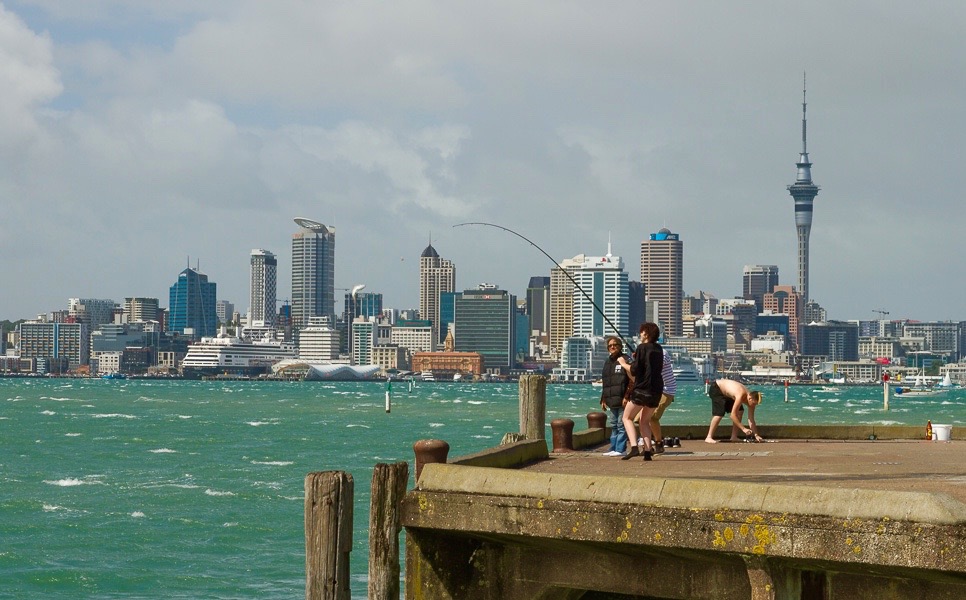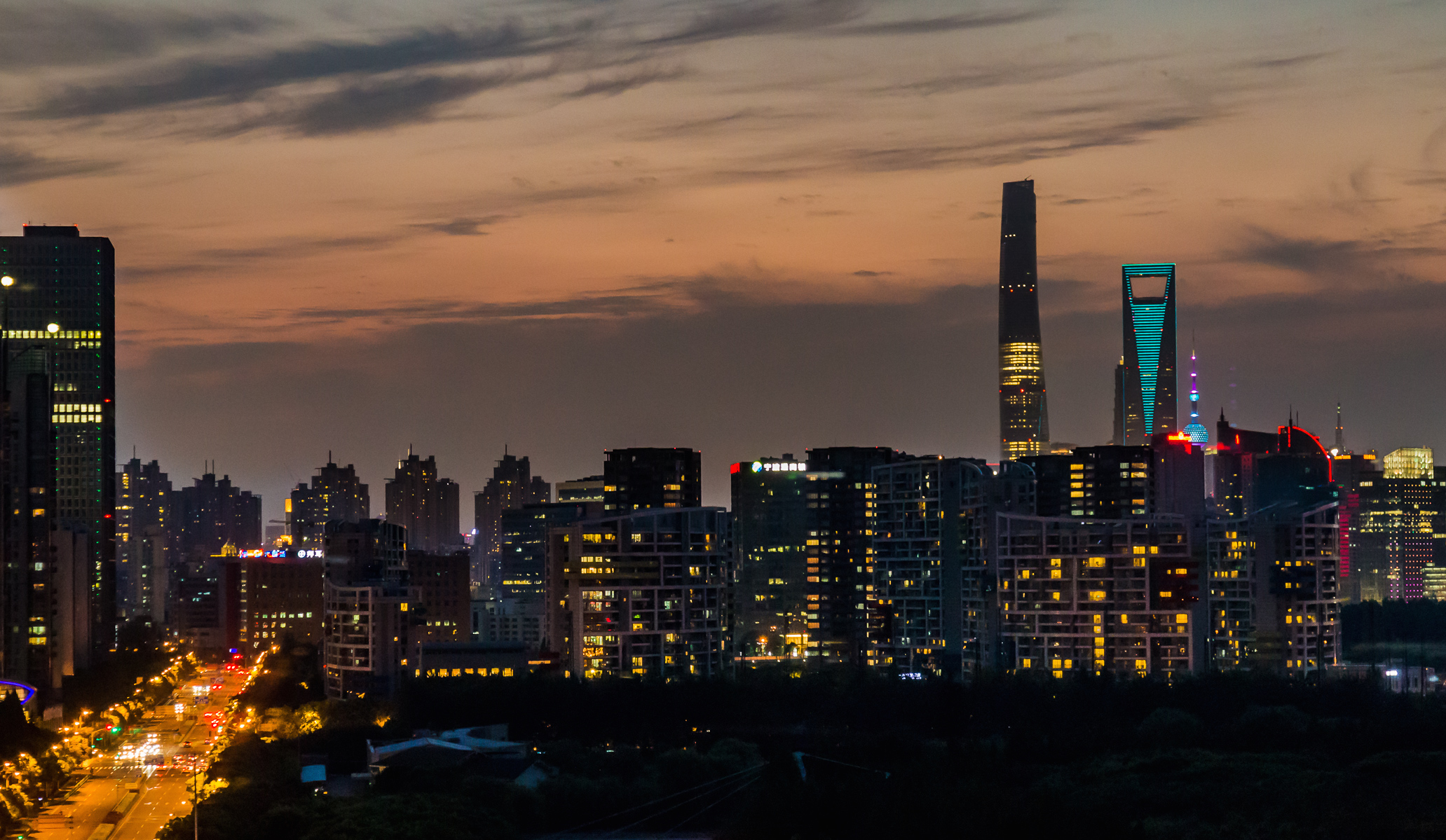The true cost of not taking sick days
Nope, I’m not talking about marriage. Though sometimes it certainly does feel like we’re married to our jobs, right?!
Like we’re so deeply committed to getting up at the same time everyday, in order to go through the same motions, no matter what the cost to our physical and mental well-being, no matter what sorry state we might be in.
Like most New Zealanders, and people/products of Anglo-Saxon capitalism, I was raised with ludicrous work ethics. I say ludicrous, because at some point I was smart enough to realise I was being raised to become a hamster on a treadmill constructed by someone other than myself.
The beautiful irony of being raised by my parents is that they both instilled values, and encouraged us to question everything. So I constantly questioned the very values I was raised with. I decided that the protestant work ethic was bullocks. I watched my mother suffer from teacher burnout and somehow keep working through it. Then I even witnessed her fight to go back to work after being severely ill.
I’ve witnessed colleagues in Canada and New Zealand coming to work so sick they could hardly stand, spreading diseases to each other and battling on. I’ve also seen friends and colleagues battling with serious mental health issues, exacerbated if not caused by their working conditions, continue to go to work each day – rain, wind or shine. Why? Shame? Are they afraid they’ll be judged by other people, or almighty god and sent to hell for taking a day off? Or is it simply that being alone with oneself is harder than going to work dripping with sweat and clutching at your head.
You only get one
We spend about one-third of our time on earth at work. Knowing that, first of all, you might want to consider choosing your job and workplace as carefully as you choose your life partner. I for one also like to be present wherever I am, whomever I’m with. I’ve learned over the years that one of my greatest gifts as a teacher is that when I’m there I’m usually really there. I’m not thinking about what I’m having for dinner that night. I’m engaged and mindful and having fun.
Now, when I’m tired, or even slightly sick, that gets a lot more difficult. This past winter I managed to get a string of colds and sinus infections, one after the other. The doctor told me it’s because I’d moved to a new city and had no immunity to local viruses. I was sick for a long time. I believe that if I’d had the choice to take more than a couple of days off work I would have been back to full health within a week. Instead, it dragged on for 5 weeks. A couple of days weren’t enough to combat the months of chronic stress underlying the cold I had. And I was fully aware that people don’t take a week off for a cold. All the other teachers worked while sick, so I had to too.
So what it boils down to is that I had to put my job (making money to pay my bills) ahead of my health. And as a result everyone suffered. My students weren’t happy with my classes during that time (as evident in our regular student evaluations) and I’m sure my school wasn’t happy either.
Being forced to choose between your health and paying your rent isn’t exactly optimal. People in higher salary jobs, however, don’t seem to behave much differently than I did. They feel obliged to be at work even when they have sick days available and the financial means to not go to work. I’m sure they’re not being as productive at work, not to mention they’re not taking care of themselves, which leads to a higher likelihood of a more serious illness and all kinds of problems in personal relationships.
The belief that you are indispensable
I read in a financial journal once that there was a CEO who had the policy of firing anyone who became indispensable. It’s bad for business if you’re the only one who can do your job. A good workplace knows this. I’m very happy to say that in my current job, if I need a day off, I’m confident I’ll be replaced by an equally as competent teacher. In fact I KNOW my students are better off when I stay home.
From a different perspective, it’s important to understand that this belief that you HAVE TO go to work or everything will fall apart without you is entirely your ego talking. It’s like the little devil on your shoulder saying, “you’re so important, your job means something, therefore your life means something, so if you DON’T go to work today – who ARE you even?!”
Shake it off! You are NOT your job.
Let’s say, worst case scenario – you’re overloaded with tasks and you know that if you take a day off there’ll only be more for you to do when you get back. Okay, so A. work stress is probably therefore the primary reason you’re sick. B. If you are overloaded with work and you don’t let anyone know that you’re not coping, it will either continue or get worse. It’s your responsibility to protect yourself from this situation. Would you dump a massive pile of work on your best friend every day? Why allow someone to do that to you? Either make it known that you’re drowning and need help, or get out of there!
Mental health days
According to this article, 42% of the time when UK people call in sick it’s actually because they need a mental health day. Now, I for one think it’s fantastic that people are doing this at all. The problem is, they’re also being forced to lie about it. Due to the fact that stress and exhaustion aren’t actually recognised as sickness by most work places, we can’t call in and take a “mental exhaustion day”. This means that during our day off to rest our minds and try to lower our blood pressure we’re also often feeling guilty about it.
I try to be honest in these situations. I mean, I’m an educator, a service profession that entirely relies on the good mental health, balance and self-care practices. Most new teachers burn out and quit within three years of teaching. The type of schools I work in always have massively high teacher turnover rates. It’s rare that anyone sticks around in one place more than a year or two. And it’s always due to a feeling of absolute mental exhaustion combined with the struggles of a low salary. Those of us who last longer have usually/hopefully found successful methods of coping. Yet I still can’t phone in with a case of “I’m about to have a melt-down in class.” I’ve been told in no uncertain terms that when I’m exhausted and sleep deprived I must say that I’ve got a stomach-ache. I’ve also been stigmatised by my fellow “protestants” who think I’m some sort of little princess for needing a break.
Well I’m here to tell you… You can do it too!
Just because society has decided something is “normal” or “right” doesn’t mean it is. We work too much, too many hours, and it’s killing us. And those of us who are introverts in extrovert professions (many people!) need these breaks even more. So, think for yourselves. Take what YOU need. Listen to your inner voice. Love yourself as you would your lover or your child or your pet. If you wouldn’t do it to them, don’t do it to yourself. And if you need someone’s permission to “go fishin'” – here, have mine.







Thoughts?